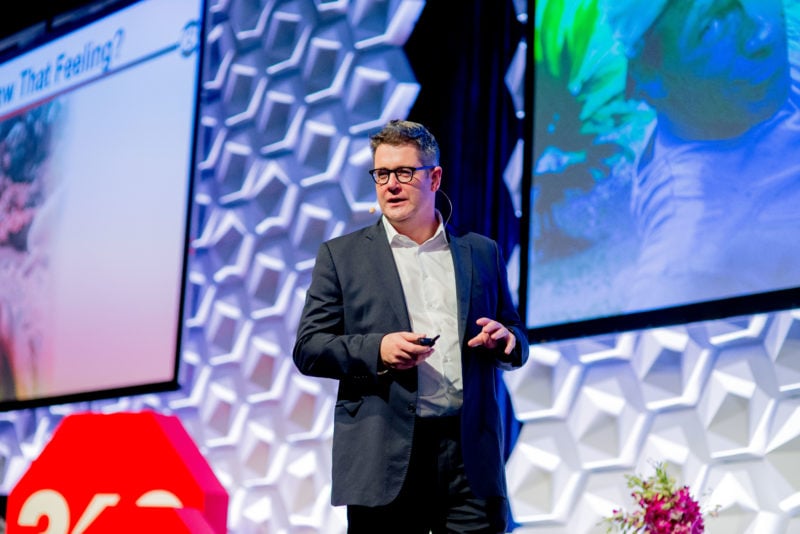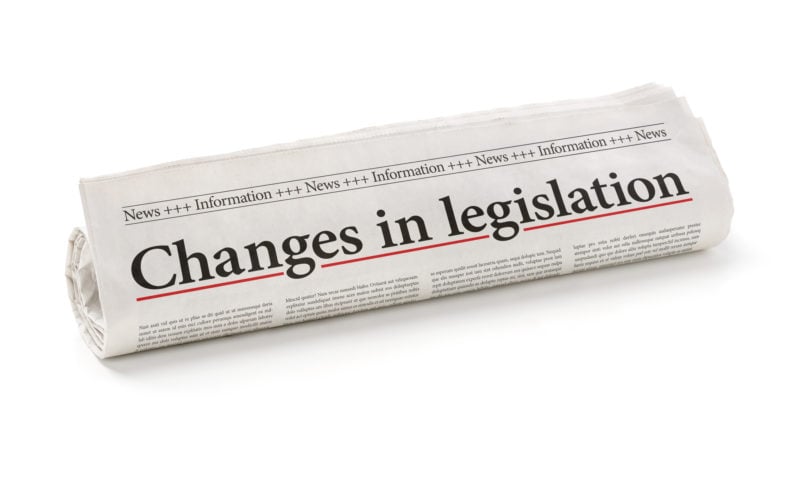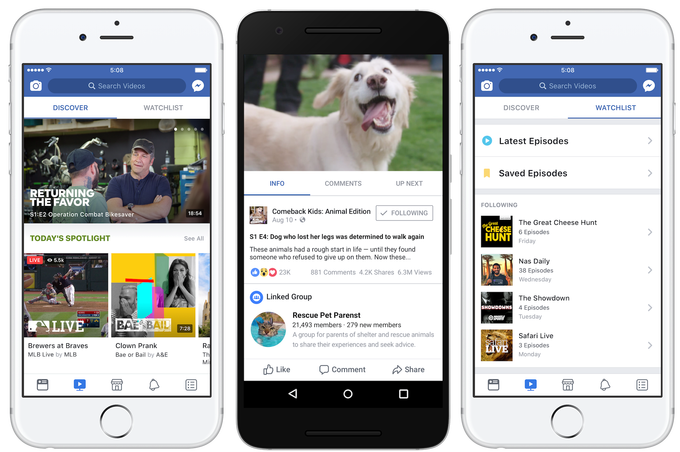‘Loosen’ constraints on domestic media instead of holding back Google and Facebook, Ritson tells Senators
The Turnbull government needs to “loosen” constraints on domestic media rather than hold back Google and Facebook as last century’s advertising models come to end, the Future of Public Interest Journalism Senate Inquiry heard in Sydney yesterday.
Speaking before the committee, Melbourne Business School adjunct professor Mark Ritson, said while Google and Facebook have competed “openly and fairly”, government restraints on domestic media have “somewhat” played into the hands of the digital duopoly.
“They deserve a lot of credit for the way they have built their businesses,” Ritson said.
“It is open competition, and thanks to global resources and a digital competence, a completely legal and competitive advantage.
“Unfortunately, some of the restrictions we’ve placed upon or own domestic media, have also played into the hands – somewhat of the digital duopoly as well,” Ritson said.
“I’m not in favour of holding back Google or Facebook with government constraint, but we do need to be open loosening those constraints for domestic media, to allow them to compete more freely.”
The comments come as theproposed media reform bill– which is pushing for repeal of the two out of three and 75% audience reach media ownership rules –sits in the Senate.
He suggested the government should liberate media companies, so they could “fight back.”
“We’ve built extremely strong and very appropriate laws to govern media. All of them, unfortunately, are completely irrelevant for the era we are about to enter.
“We have to re-visit, as I’m sure you are doing, the rules that govern media ownership, and everything in this country, because it’s about to get turned on it’s head.”
Ritson also pointed out Facebook and Google’s unwillingness to publicly proclaim themselves as publishers was causing significant issues.
“Where I think we must draw the line (with Facebook and Google) however…is both Facebook and Google to my knowledge will not both openly accept they are publishers,” he explained.
“我建议的是,通过描绘themselves as platforms, and not publishers, and the impact that has for content in particular, there are some significant issues.”
While there is no local breakdown of Facebook and Google’s accounting, Ritson provided the Senate with American estimates, which suggest 45% of digital moneys are currently going to Google, and 25% are going to Facebook.
He said it was important to look closely at the two companies, and the power they had across advertising and media content.
“There is a significant shortfall between what you have heard this morning and what appears to be likely,” he added.
Ritson also brought to light the challenge of paid readership for newspapers.
“There’s a major trend changing for news media, which is that in the old model of the 21st century, one would see a revenue model which was approximately two thirds advertising and one third based upon readership or circulation,” he said.
“It’s clear that model is dead.
“Another area of perhaps focus for the committee is the degree to which you can help, particularly national titles but also local ones, with the challenge of increase paid readership.
“What everyone is struggling with now, is if you want to help the titles…how do we help drive paid circulation for those sources.”
克里斯•沃尔顿, managing director of independent media agency, Nunn Media, later complemented Ritson’s commentary around where digital advertising dollars are being spent.
Presenting the latest SMI figures to the Senate,Walton said the biggest area of growth in ad spend was digital.
However, he said those producing content were not receiving the ad spend.
“The area of biggest growth is digital; Within that are not those that produce content, it is those that are producing aggregation of audiences, those that have invested and are bringing to market technology, to reach the audiences, (who) are now taking money that in the past would have gone to people that produced content, and that will continue,” he said.
He said the media landscape had seen a “de-coupling” of the the people who created content and those who aggregated it.
“In extreme cases, for every dollar put on media, only 10c is reaching the content producer, and those 90 cents are going on a mixture of data, technology, fees, both disclosed and undisclosed,” he said.
The comments side-tracked the Senators who began asking about media agency transparency, and what “undisclosed” costs were.
“There’s often a lot of arrangements in place, where money further down the chain to the audience aggregators, technology providers and data providers, find its way back to the agency, ie the choice of where that media goes has a direct impact on what revenue comes back to the agency.”
Walton acknowledged it was transparent, pointing out in his view, it should be.
“I would say that a lot of the decisions played in market don’t necessarily have the clients interests at heart.”
“Is that right or wrong, I think that’s down to the individual organisations involved and it’s certainly a big issue in the advertising and media world, that globally, the interests of agency and the interests of the client are not necessarily aligned.”
Watch Mark Ritson’s Mumbrella 360 presentation – Seven Ways to Make Marketing Great Again








